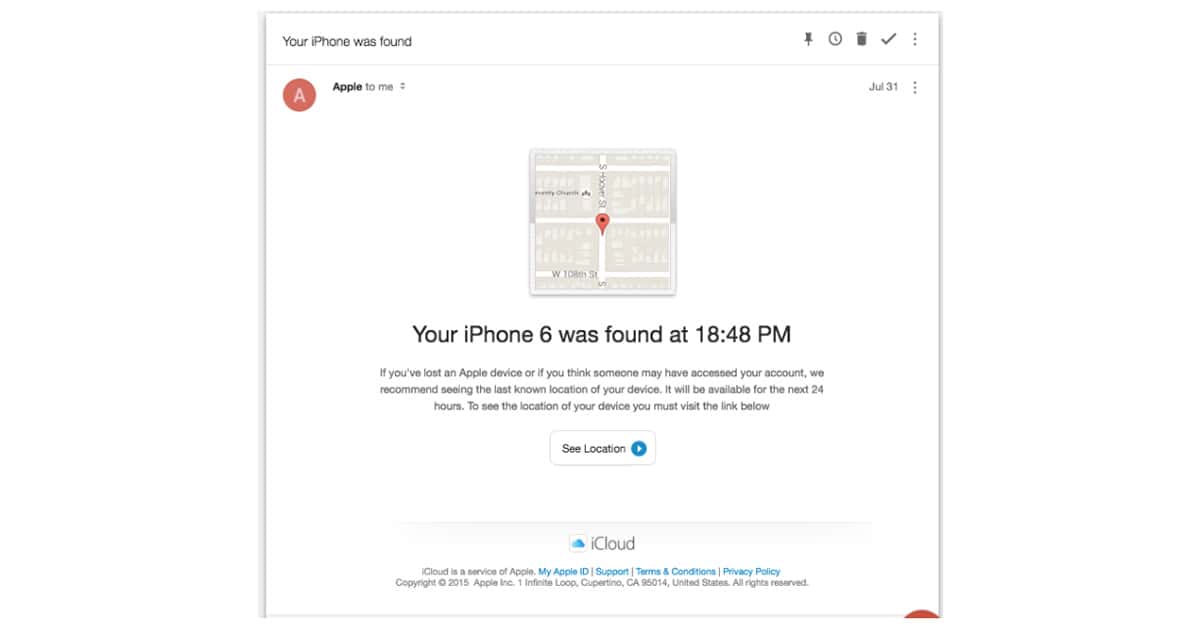Jeff Butts and Andrew Orr join host Kelly Guimont to discuss quizzes and job ads that are definitely too good to be true.
identity theft
Facebook Blocking Warnings of Identity Theft from Quizzes
The growth of “fun” quizzes on Facebook has been like an out-of-control wildfire. You know the ones. They ask you a few seemingly harmless questions, like your first job or the street you grew up on. At the end, you learn which Hogwarts House is right for you. The problem is these questions often mirror the security questions your bank, finance company, or credit card company use. They help identity theft happen. The really scary thing is that at least one person has tried to let folks know the danger by linking to Avast’s warning. Facebook removed the post, claiming it went “against our community standards”. I can’t help but wonder just why Facebook would be opposed to a post trying to help avert identity theft.
The questions in these quizzes are all meant to tease out as much personal data as they can possibly get from you, including hints to your passwords and identity verifications, such as “What was the name of your first pet?” or “What street did you grow up on?” At the end of the string of questions, you will get a made-up answer, such as “You belong in Gryffindor!” At the end of the same string of questions, the data scrapers will have enough to start building (or adding to) a profile of all your information.
Your Phone Number Shouldn't Be Your Identity
Brian Krebs wrote a good article on how our phone numbers have become security and authentication tools, and thus closely tied to our identity. But there’s a problem with that.
Phone numbers stink for security and authentication. They stink because most of us have so much invested in these digits that they’ve become de facto identities. At the same time, when you lose control over a phone number — maybe it’s hijacked by fraudsters, you got separated or divorced, or you were way late on your phone bill payments — whoever inherits that number can then be you in a lot of places online.
Everything You Should Know About the 2017 Equifax Breach
The company’s offering you the chance to find out whether you’re affected by the breach and get free identity theft protection, but there’s a catch that just might be a deal-breaker for many.
Stolen iPhone? Watch Out for Identity Theft Phishing Schemes
Some iPhone thieves are getting more diabolical with their crimes by trying to trick victims into giving up their iCloud user name and password. The crooks are sending their theft victims legit looking messages saying their stolen device is being tracked, and they can find it by clicking a link and log in to their iCloud account.




